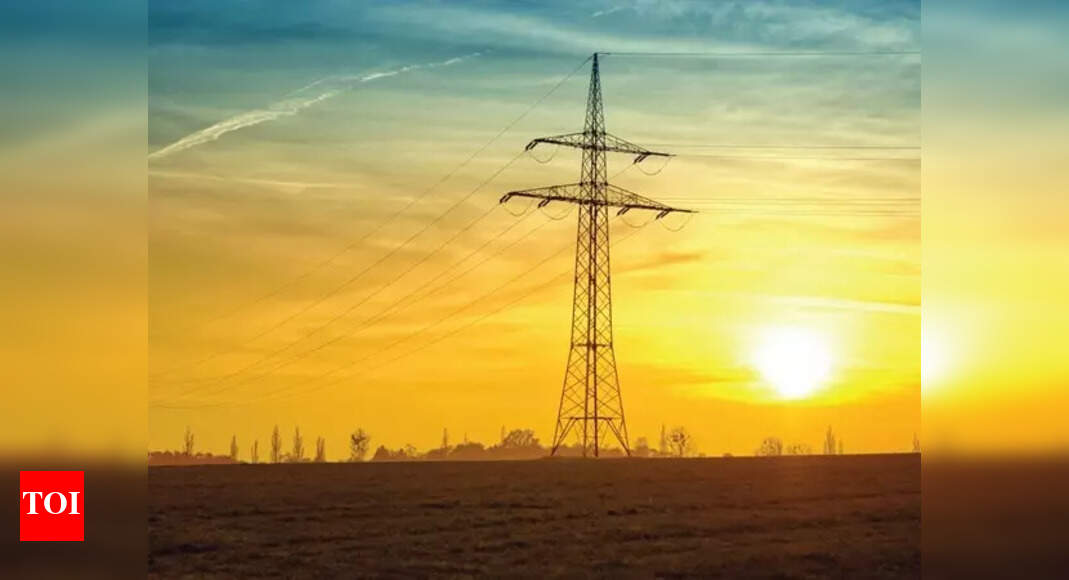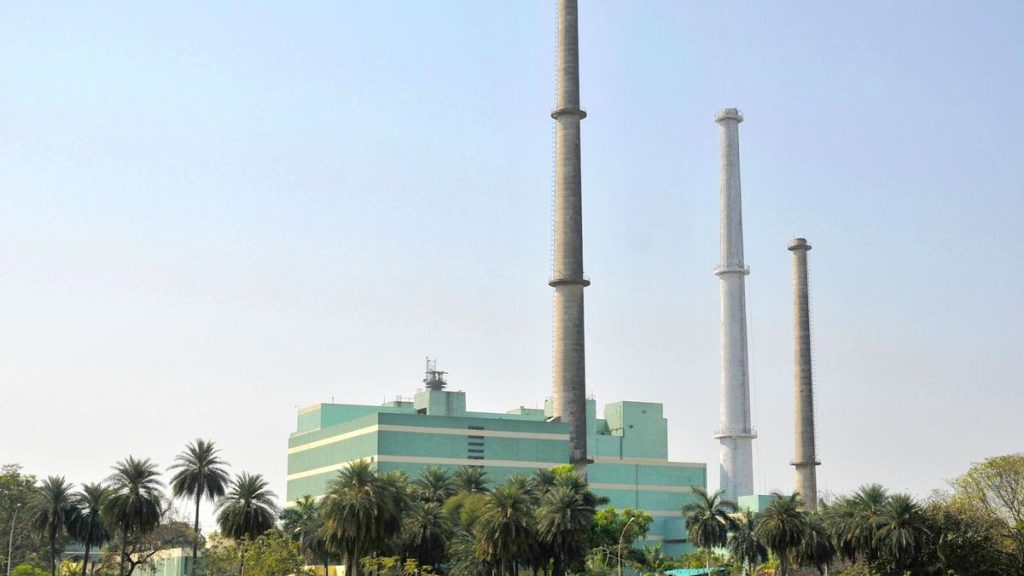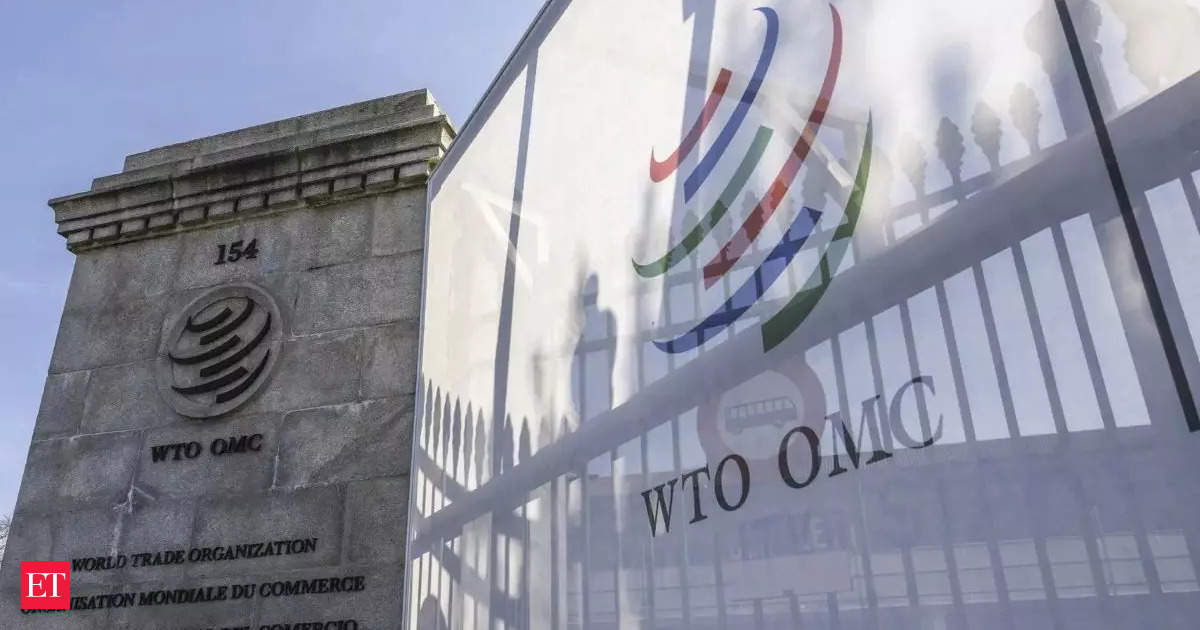Now Reading: India Emerges as Key Hub for Energy GCCs
-
01
India Emerges as Key Hub for Energy GCCs
India Emerges as Key Hub for Energy GCCs

Fast Summary
- India is emerging as a global hub for energy GCCs (Global Capability Centres), with meaningful developments in renewable energy-focused tech centres.
- EY data shows 77 energy GCCs operate in India, employing around 50,000 individuals across oil and gas, power and utilities, renewable energy, and mining sectors.
- Key talent clusters are in Bengaluru, Mumbai, Pune, Delhi NCR, Hyderabad, and Chennai. Bengaluru is noted as a hub for professionals skilled in wind turbine micro-siting and aerodynamic modelling.
- Global firms like Chevron ($1 billion investment over 5-6 years), Shell (13,000 employees), and BP (~2,300 employees) have expanded thier presence to tap into India’s engineering talent pool focusing on decarbonisation initiatives.
- Emerging technological focus areas include hydrogen blending/storage solutions with key expertise concentrated in cities like Mumbai and Pune supporting green hydrogen efforts.
- Challenges remain in recruiting highly qualified specialists for advanced decarbonisation efforts; this issue is observed globally.
Indian Opinion Analysis
India’s growing role as an epicenter for energy GCCs reflects its strategic importance amid the global transition toward enduring power solutions. By leveraging a large pool of skilled engineers specializing in cutting-edge technologies such as wind infrastructure modeling or hydrogen storage innovations,India has carved out niche capabilities that further its standing as a preferred destination for technology-driven companies transitioning to green energy mandates worldwide.
Key cities like Bengaluru’s leadership in digital engineering exemplify regional hubs driving innovation locally but translating impact globally by bolstering sectors outside Oil/mining area resefres gradually evolving strategies Flexible Approach priorities utilzied balancing workforce or rawvalue Read More Full



























